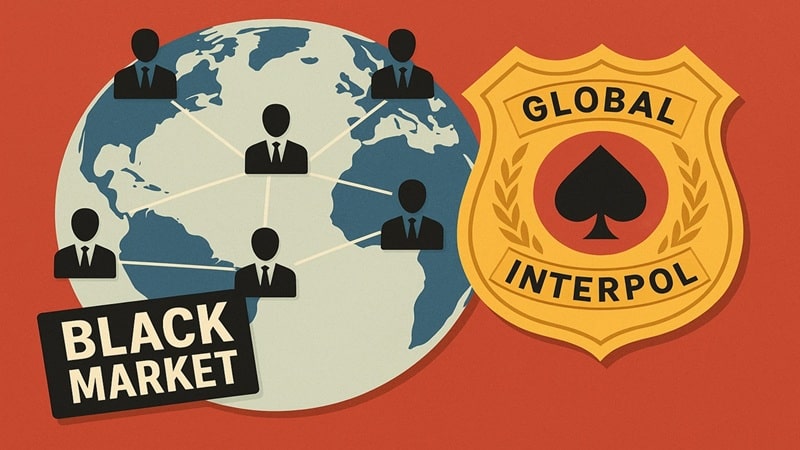
Dutch regulator proposes an international enforcement network, similar to Interpol, to tackle cross-border illegal online gambling operations worldwide.
Speaking at the IAGR conference in Toronto on October 21, 2025, Groothuizen urged regulators to unite against illegal operators who cross borders seamlessly while enforcement remains confined to national jurisdictions.
In short, Michel Groothuizen, Chairman of the Netherlands Gambling Authority (Kansspelautoriteit), has called for the creation of an international enforcement network akin to Interpol to combat the global black market for online gambling.
Here on Casinoplusbonus, we have seen New Zealand, India, and the UK mention black-market operations multiple times, while Ireland is also likely to look to shut out gambling sites not operating under its upcoming GRAI licensing certificates. Therefore, an Interpol could work, and we’ve not even covered the USA, Spain, Italy, Portugal, Germany and France, where overseas operators are popular amongst citizens.
Like the UK, the Netherlands’s Struggle with Illegal Operators
Listen, we say ‘illegal’ operators, but they are outside the jurisdictions of these countries, so technically they are not illegal operators; they are black-market operators, so to speak. Even then, using the term black market is not strictly accurate. They are overseas B2C operations simply making money from players who prefer these online gambling sites. There’s not really much illegal about it, but black market or illegal is the term the heads of gambling authorities like to use, hence the title.
Groothuizen proposed in his official speech, now published in Dutch on the KSA website under the headline Speech Michel Groothuizen, 17 juli 2024. You can translate it using Google Translate or any free AI tool. He described the challenge as fighting “a growing and constantly evolving problem that sometimes feels like a Hydra: when we cut off one head, two new ones grow to take its place.”
The Dutch regulator’s frustration stems from his country’s experience since legalizing online gambling in 2021. Despite strict regulations designed to channel players toward licensed operators, the KSA reports that channelization based on gross gaming revenue has fallen below 50 percent, meaning approximately half of all gambling expenditure in the Netherlands now flows to unlicensed platforms.
Groothuizen admitted that the Netherlands has failed on a very important point by not implementing website-blocking measures to protect internet freedom, leaving regulators at a disadvantage against a very innovative and agile opponent.
UK Faces Similar Enforcement Challenges
The Netherlands is far from alone in its struggle. The United Kingdom, despite having one of the world’s most established regulatory frameworks, continues to face persistent black-market activity. UK Gambling Commission CEO Andrew Rhodes has previously addressed the challenge of tracking over 1,000 illegal gambling services, highlighting the scale of the problem even in mature, well-regulated markets.
The UK’s experience demonstrates that even robust licensing systems and enforcement powers cannot fully eliminate illegal operators without international coordination.
Emerging Markets, Such as Ireland and New Zealand, May Benefit
Groothuizen’s proposal could find willing partners across multiple jurisdictions currently grappling with similar challenges. Ireland’s newly established Gambling Regulatory Authority of Ireland (GRAi), expected to begin licensing operations in 2026, will likely face the same challenges posed by illegal operators that have plagued other markets during their opening phases. A coordinated international approach from the outset could prove invaluable for the Irish regulator as it works to establish channelization and player protection standards.
New Zealand, which is also in the process of establishing its own licensing framework for online gambling, faces the daunting task of channeling players away from the numerous offshore sites that currently dominate the market. An international enforcement network could provide the small nation with resources and intelligence-sharing capabilities that would be difficult to develop independently, particularly given the country’s geographic isolation.
India presents perhaps the most complex scenario, with the country still deliberating its regulatory approach amid a patchwork of state-level regulations and ongoing legal debates. International cooperation could provide valuable frameworks and enforcement mechanisms as Indian authorities work toward a coherent national policy, potentially accelerating decision-making by leveraging lessons from established markets.
Canadian Provinces Have A Mixed Outlook
The proposal may find particular resonance in certain Canadian provinces, though the landscape is complicated. Ontario’s Alcohol and Gaming Commission operates an open market model that permits players to choose between AGCO-licensed sites and overseas operators, making provincial participation in strict enforcement efforts uncertain. This unique approach may limit Ontario’s interest in aggressive international enforcement cooperation. However, other provinces face different circumstances.
Alberta and British Columbia, which maintain more restrictive approaches to online gambling, could be interested in joining an international enforcement network to protect their markets from illegal operators and ensure revenue flows to provincially regulated channels.

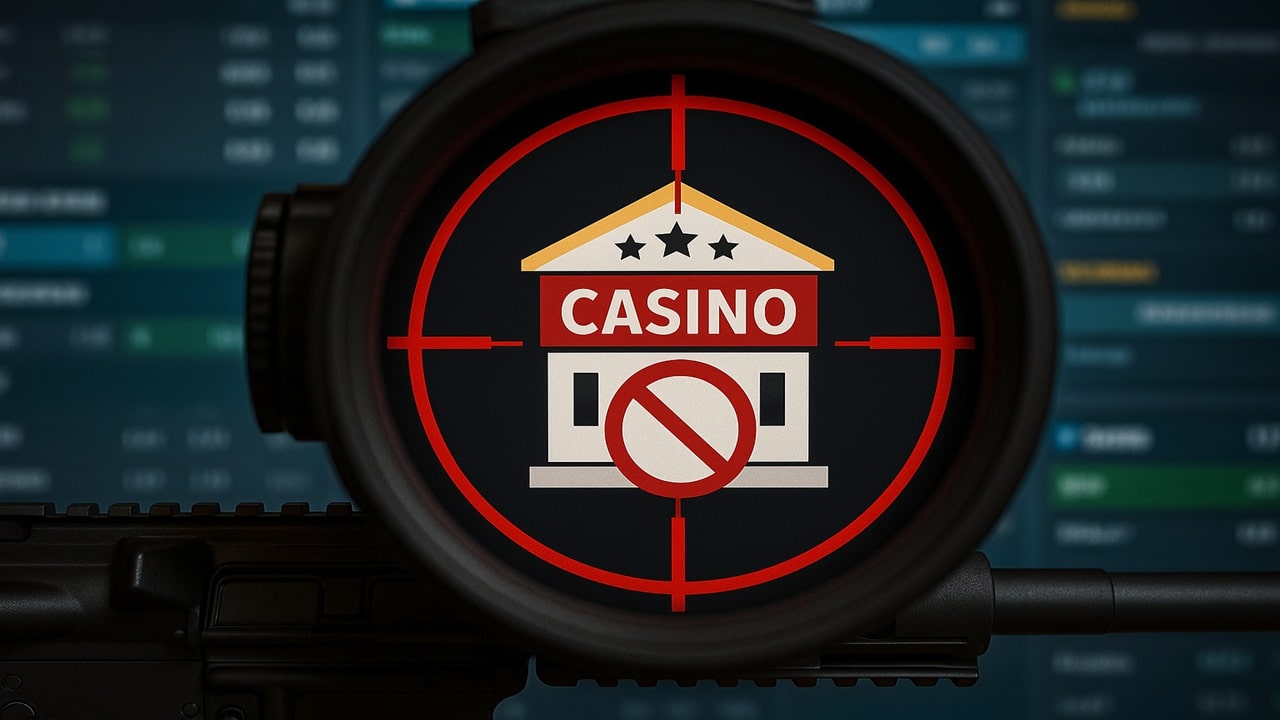
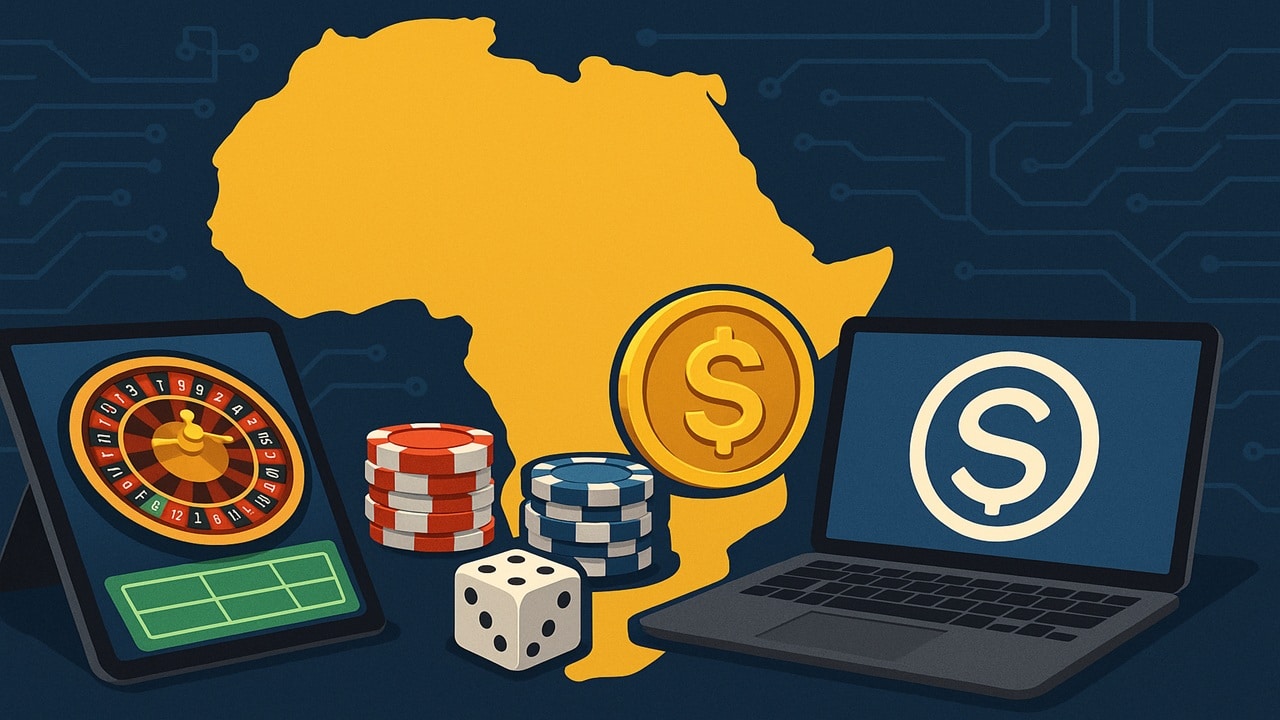



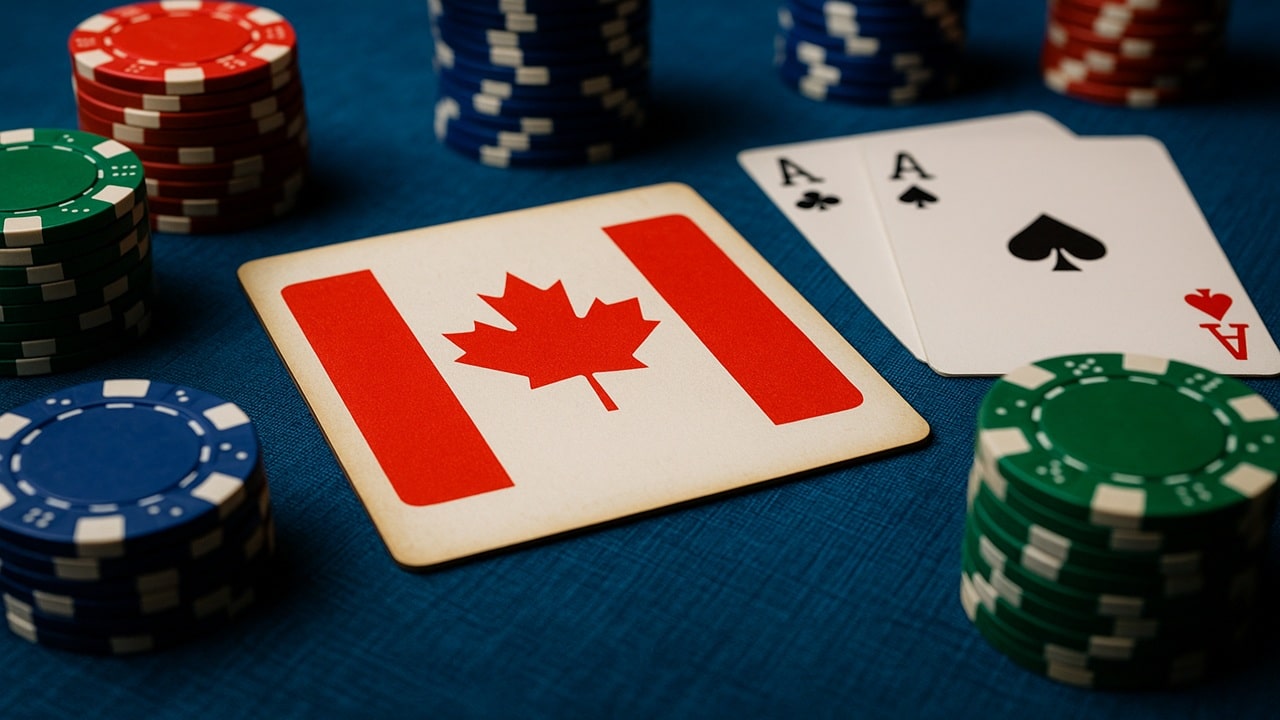
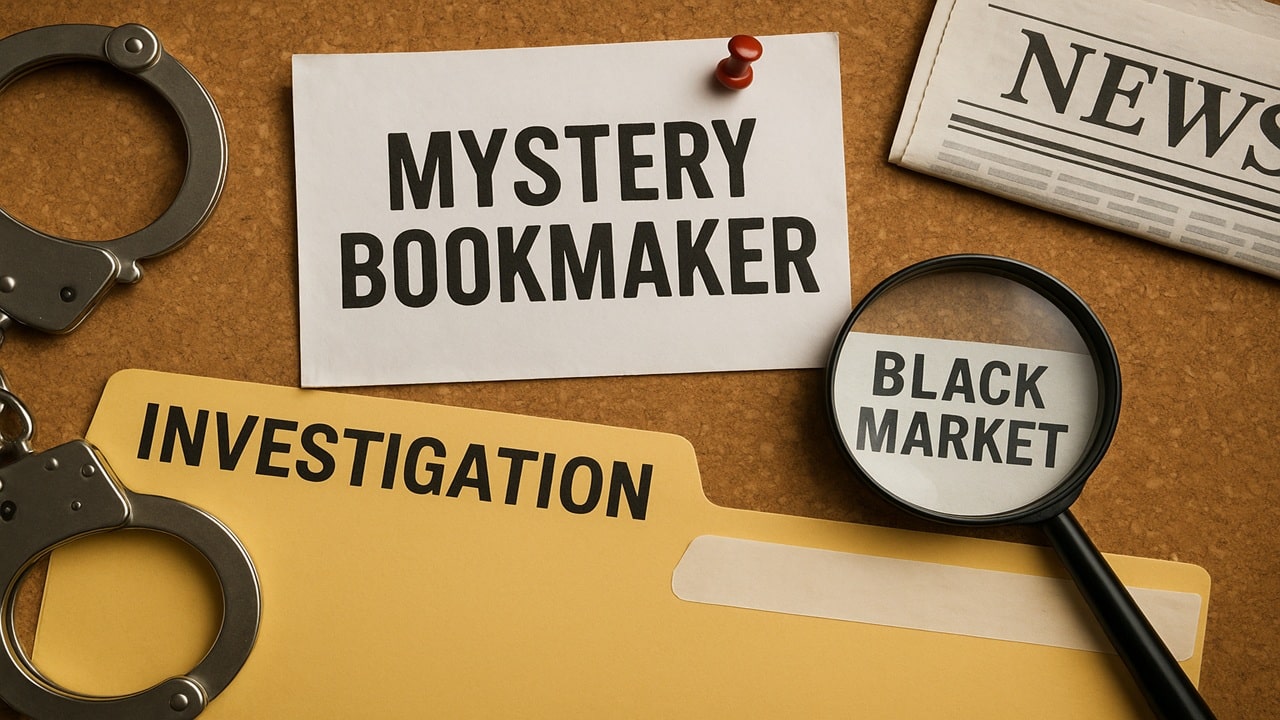

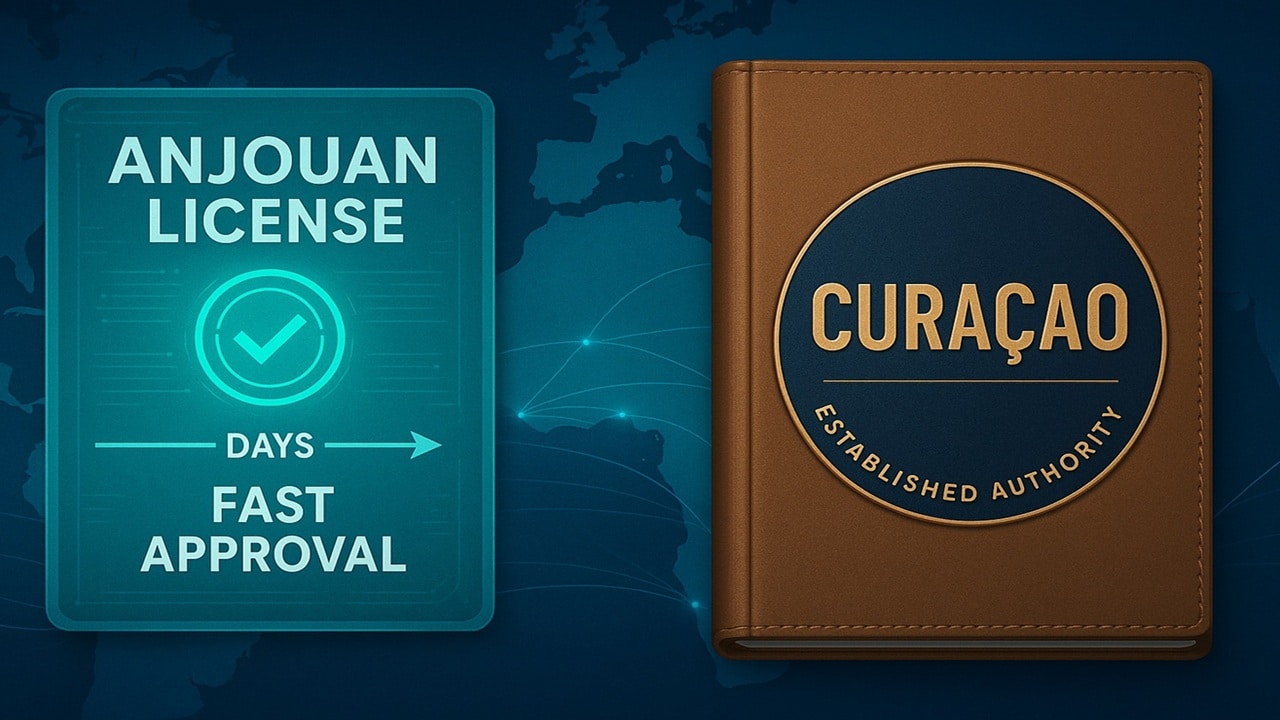



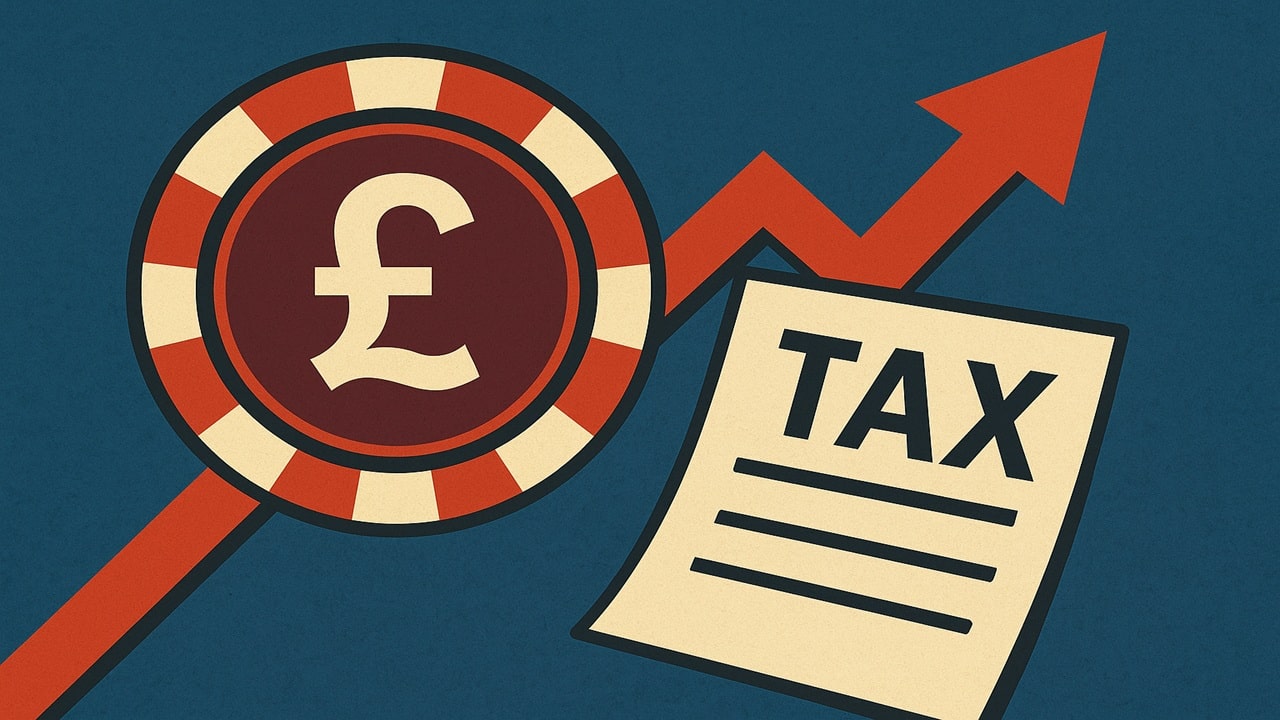


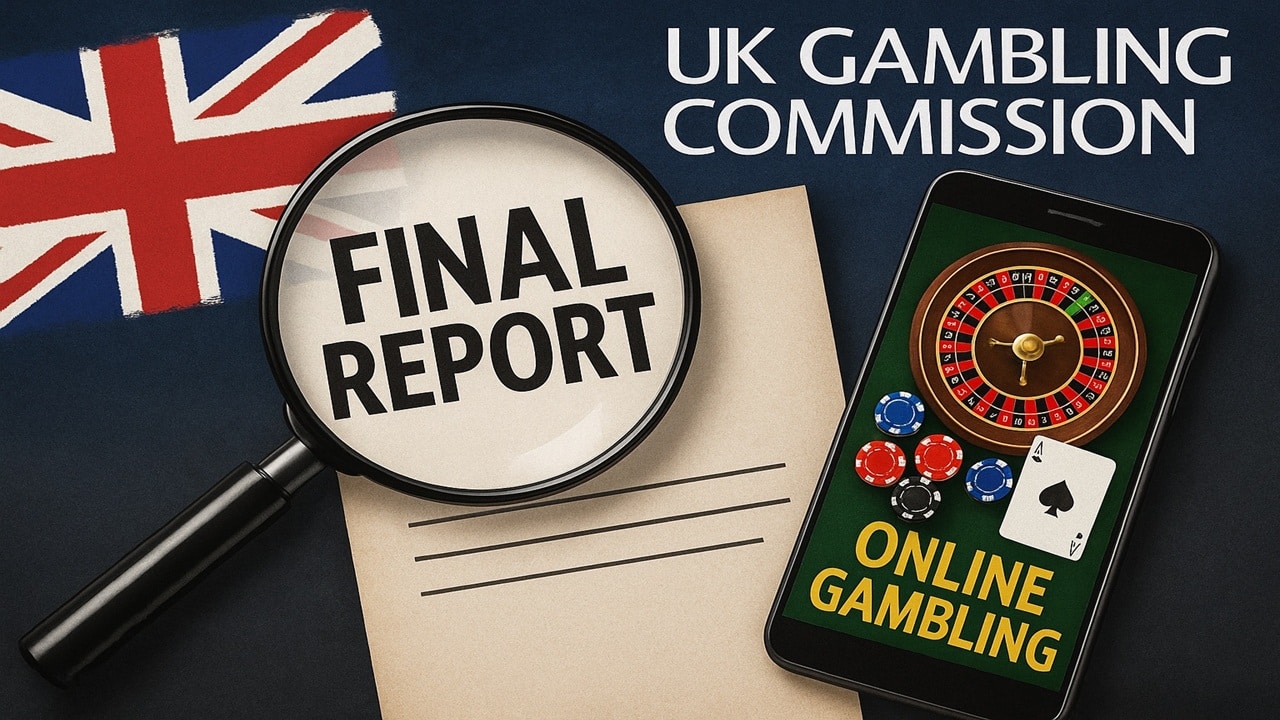



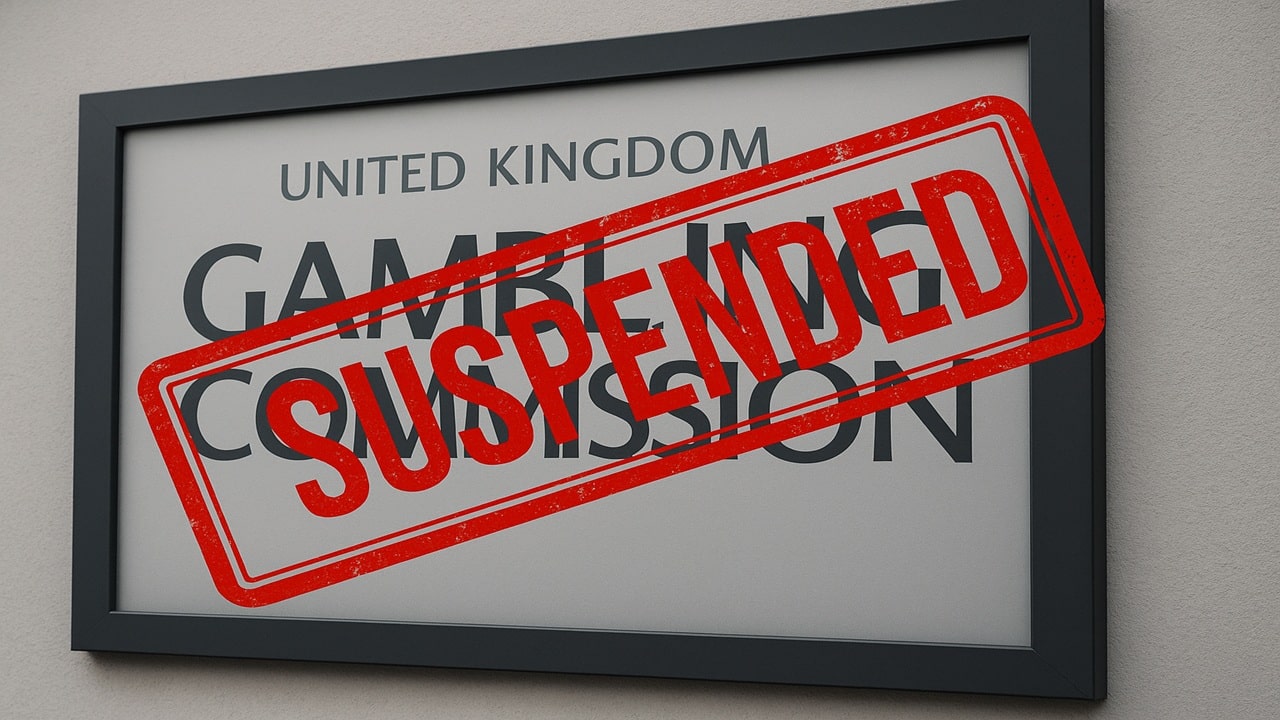
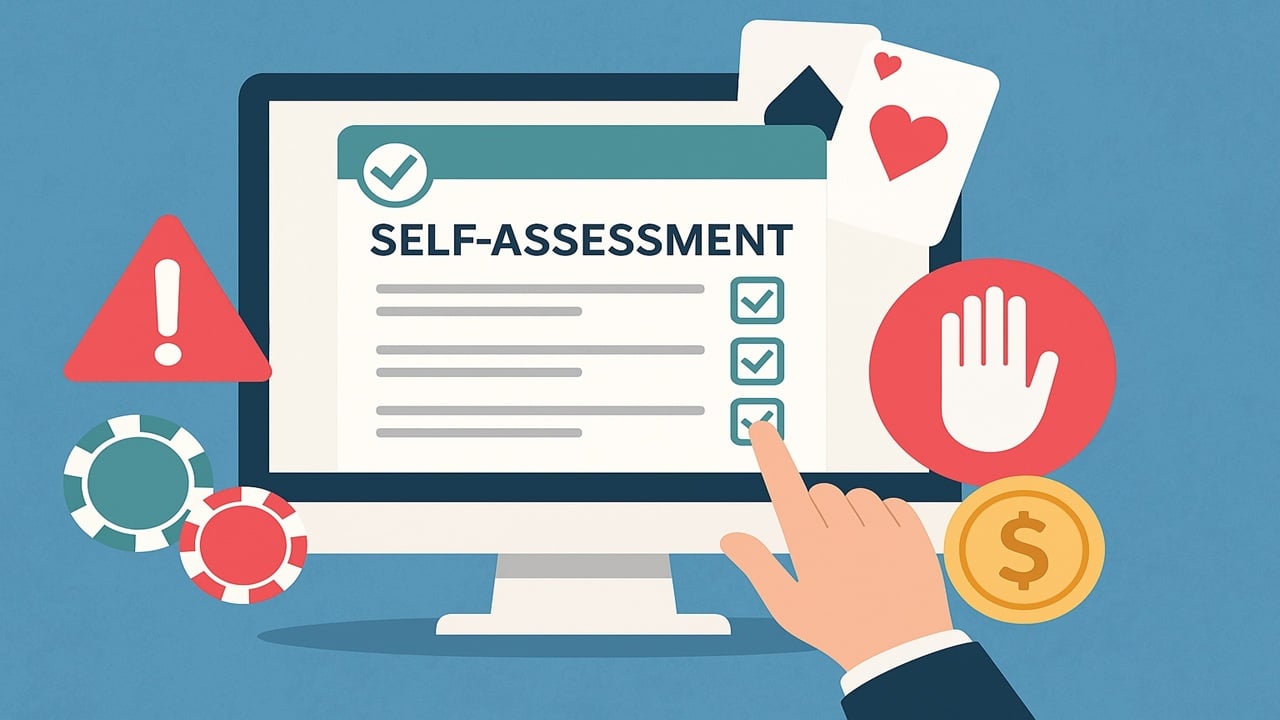
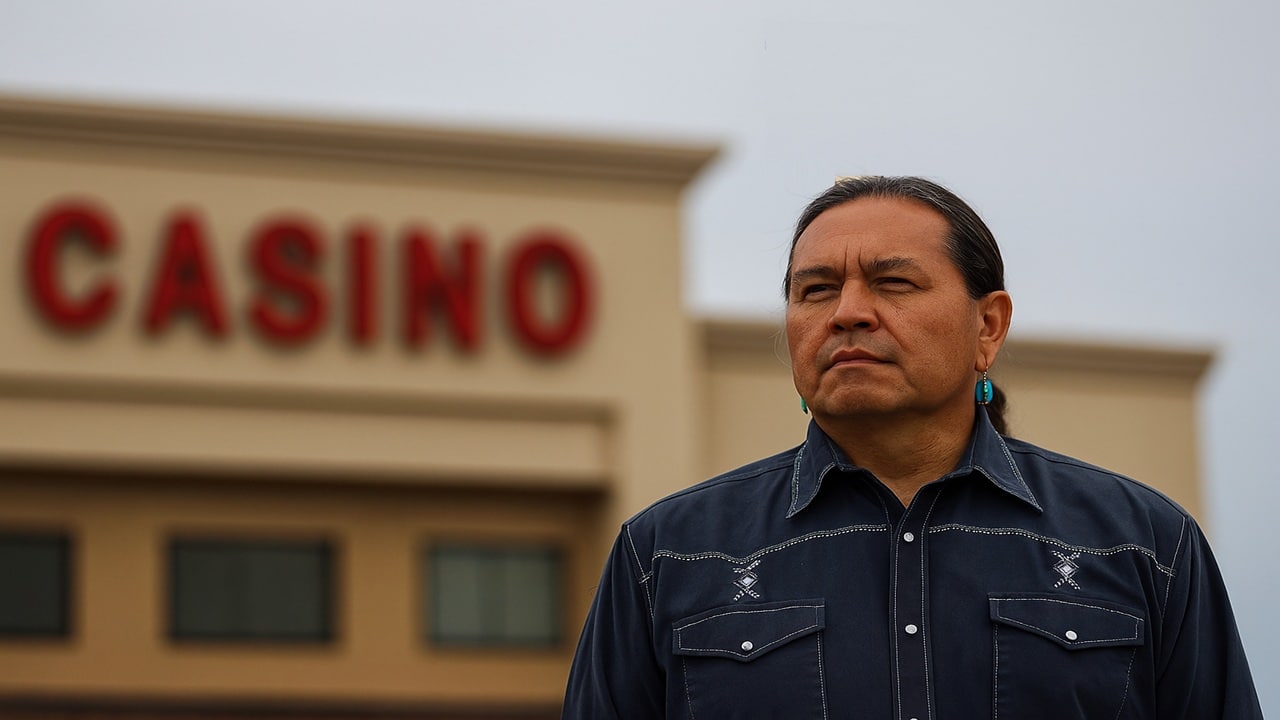
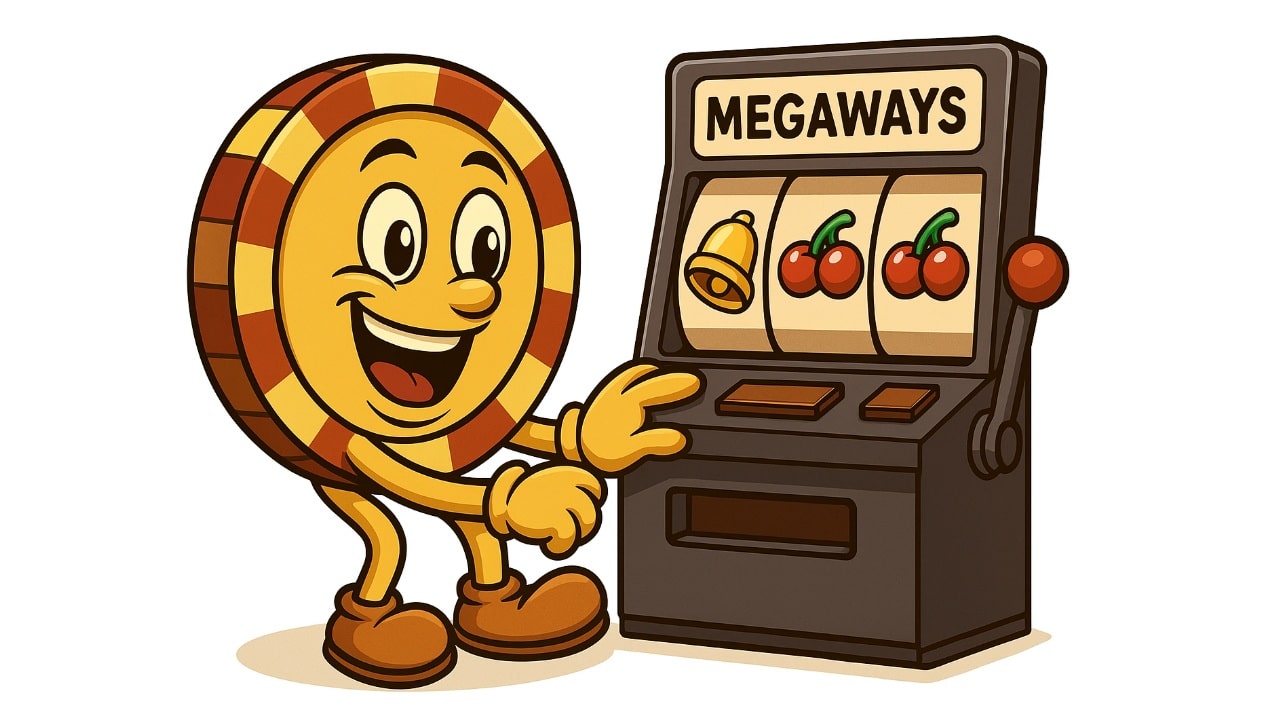


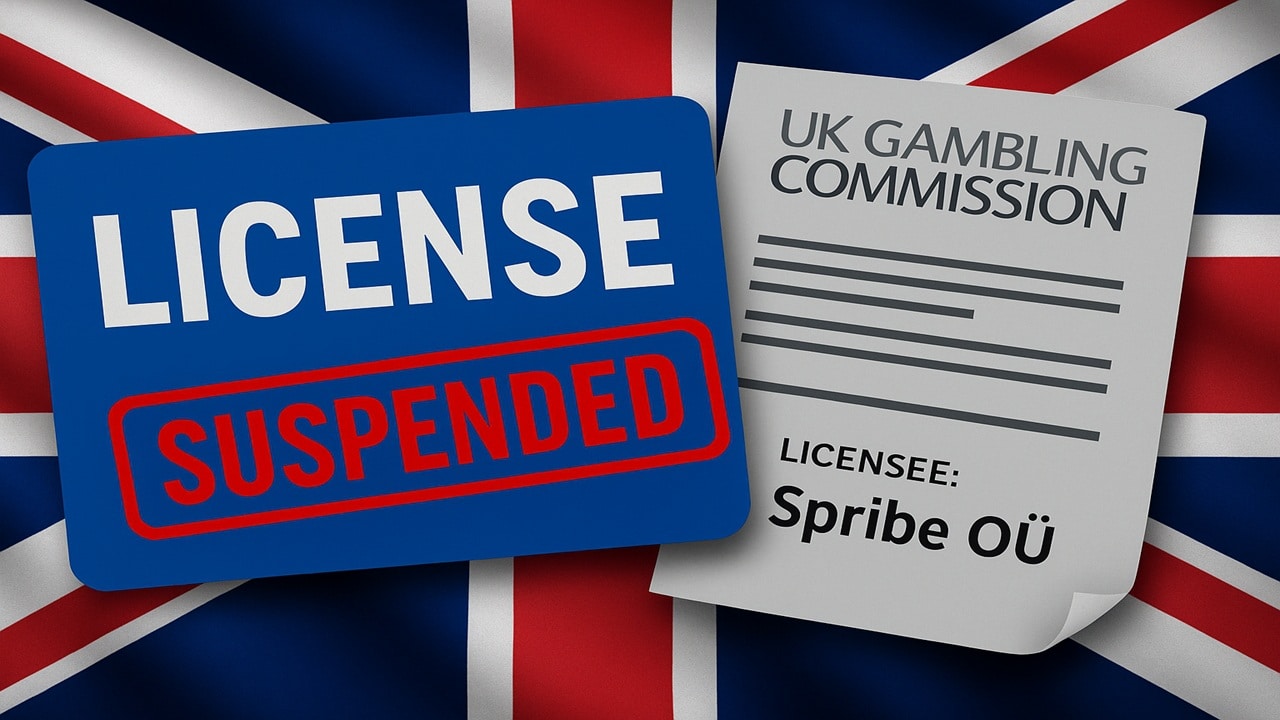

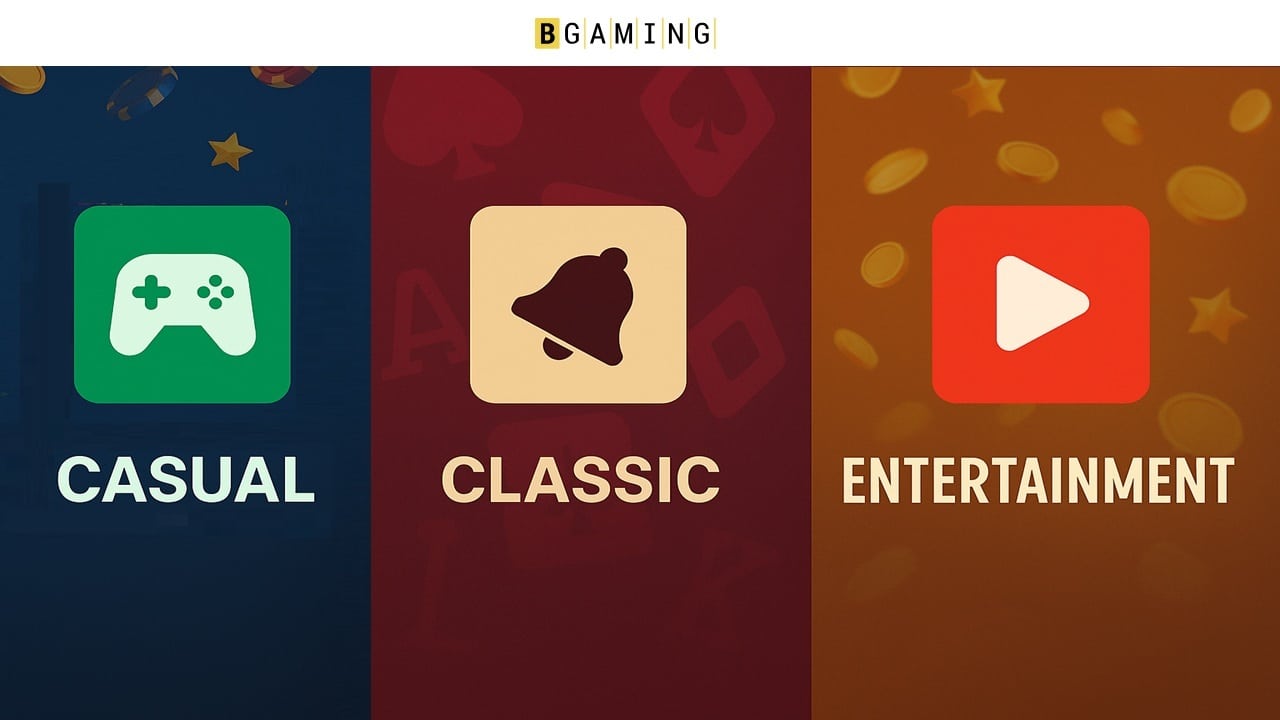
Leave A Comment